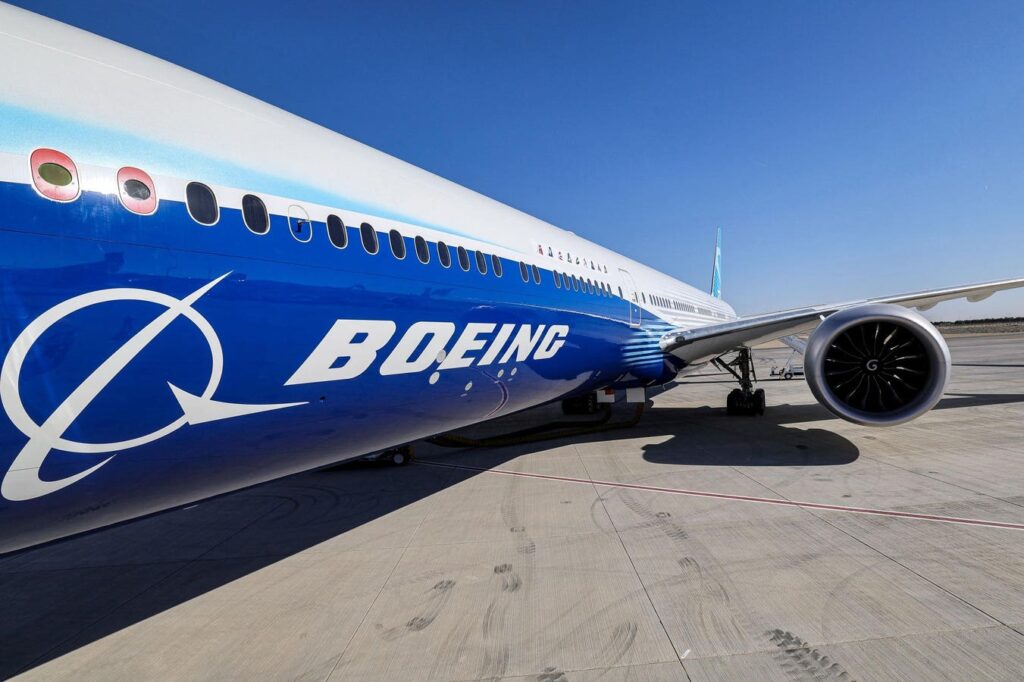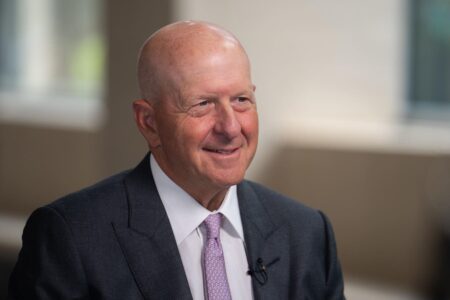Considered the pillar of the worldwide aerospace industry, Boeing has long related to aviation creativity and capability. But the giant is now negotiating difficult skies under the weight of many financial pressures, strict regulatory monitoring, and constant market dynamics. Recent events have complicated the story; activist investors show a strong interest in the business, and reports of Warren Buffett may be looking at a position. With major ramifications for Boeing’s own future as well as for its shareholders and the larger aerospace sector, this confluence of high-profile attention will demand a turning point for the company. The rumor is that activist investors and the great Warren Buffet are circling the company.
Boeing’s Pressure With The Current Situation
Boeing’s performance and reputation in the aerospace sector have been greatly affected by several financial and operational difficulties. The firm has struggled with technical problems and manufacturing delays across numerous aircraft models, including the well-publicized grounding of the 737 MAX following two catastrophic accidents. Along with immediate financial losses, these events have tarnished the company’s manufacturer credibility and dependability.
Furthermore, complicating Boeing’s condition are changes in the world economy brought about by the COVID-19 epidemic. The sharp decline in air travel lowered demand for new aircraft, which resulted in cancellations and deferrals of orders, thereby lowering Boeing’s cash flow and income.
Boeing’s stock price has clearly suffered in response to these difficulties; it has also shown great volatility. The company’s market posture has also been under jeopardy as rivals like Airbus use Boeing’s failures to seize more market share. These problems taken together call for a strategic overhaul to rebuild investor and consumer confidence, therefore ensuring Boeing’s long-term viability and success in a fast-changing global market.
Activist Investors
Shareholders using their ownership interests in a firm to affect its strategic orientation and management are known as activist investors. Unlike passive investors, activists try to transform the businesses they fund to raise shareholder value in different ways. Their approaches might be pressing for a company to be sold, supporting management changes, restructuring of business operations, corporate policy influence, or financial strategy optimization.
Usually aiming for businesses, they feel underpriced or underperforming in relation to their natural potential. These investors Once active, they often interact with management to argue for measures they think would increase shareholder returns and profitability. Should cooperative negotiations fail, activists could intensify their efforts by asking other shareholders for support, starting public campaigns, suggesting new board members, or, in extreme circumstances, advocating a sale of the firm or its principal assets.
Big companies also frequently find themselves under fire. For instance, Elliott Management’s engagement with AT&T resulted in notable changes in the company’s approach, including divestments and a more focused attention on basic operations. Similarly, by effectively advocating strategic changes and operational improvements that finally raised Yahoo’s market value, Starboard Value was instrumental in rejuvenating the company.
Warren Buffett’s possible participation in a corporation like Boeing coupled with possible activist investors might point to a strong convergence of interests meant to propel major reforms. Although Buffett usually chooses businesses with great inherent value and consistent cash flows, the chance to release value through strategic changes and operational enhancements may attract activist investors. Aiming to improve Boeing’s market position and operational efficiency, their combined presence can indicate to the market that significant changes may be on the horizon, maybe incorporating both governance reforms and strategy realignment.
Warren Buffett’s Investment Style
Warren Buffett is well known for stressing buying stocks of businesses at prices less than their inherent value, and Boeing is one of those names. Buffett emphasizes businesses with reasonable business concepts, good long-term prospects, consistent earnings power, and capable management. Often driving Buffett to invest in businesses whose stocks are momentarily undervalued by the market, this rigorous approach stresses long-term growth and stability over short-term rewards, but should this be adjusted in the current environment?
Buffett’s passion for reputable industrial businesses with a strong competitive advantage, that is, what he describes as a “moat,” is well known. Major names in sectors including insurance, energy, and consumer goods abound in his portfolio, where steady returns are usual. Given this backdrop, Boeing might fit Buffett’s investing standards. Boeing is still a major participant in the aerospace business, a vital sector with great entrance barriers that can provide long-term competitive benefits despite its recent problems.
Boeing’s current value, despite several challenges such as production issues and safety concerns, presents a potential turnaround opportunity that aligns with Buffett’s strategy of acquiring robust companies during periods of economic downturn. He might very well be interested if he believes the market has unfairly punished the stock and that Boeing’s basic business is strong with an obvious road for recovery. This potential investment aligns with Buffett’s history of acquiring top companies at a significant discount, leveraging brief losses in large corporations.
Potential Scenarios For Boeing
Prominent figures like Buffett and activist investors circling Boeing could foreshadow major changes for the aircraft giant. To increase profitability and shareholder returns, activists can support broad reforms like leadership rotations, strategic pivots, or thorough financial restructuring. Those seeking a more concentrated and maybe more profitable company model may also find resonance in their advocacy of the separation of Boeing’s several divisions to release hidden value. Often preferred in complicated conglomerates, this kind of split could comprise separating the commercial aviation sector from defense, space, and security departments, therefore enabling each company to maximize its operations and market strategy more precisely.
Should Buffett make his Boeing investment, his strategy might be somewhat different from that of other activist investors. Buffett, known for helping capable current management teams and allowing them freedom to run, may instead affect the strategic orientation of the business with his proven long-term value generation approach. He could advocate for improved capital allocation matching Boeing’s core aircraft production strengths or for a streamlining of processes.
These possible approaches used together might transform Boeing into a more simplified and strategically focused company, thereby enhancing its appeal to investors and so confirming its position in both commercial and military aerospace sectors. Aiming to maximize shareholder value in the next few years, the mix of focused activist efforts and Buffett’s influence on management and strategic decisions could signal a turning point in Boeing’s history.
Implications For Boeing, Buffett And The Activists
The engagement of activist investors and possible interest from Warren Buffett in Boeing might create conditions for significant internal corporate transformation as well as knock-on repercussions throughout the aerospace sector. Should Boeing respond favorably to the demands placed by these investors, we may witness a thorough review of its strategic activities and perhaps a division into more concentrated entities. Such reorganization could improve financial transparency and operational efficiency, therefore enabling Boeing to be more sensitive to technical developments and market needs.
These improvements could indicate a change in the more general aerospace sector toward more competitiveness and innovation. In view of Boeing’s actions, rivals may be forced to reconsider their own plans and practices, therefore generating a wave of comparable restructurings or innovations throughout the industry. As Boeing’s needs and procedures change, suppliers may find new opportunities or problems; meanwhile, customers, especially airlines and defense agencies, may gain from better products and services emerging from a nimbler and more targeted Boeing.
Moreover, Boeing’s adaptation to activist investor techniques could inspire a more active shareholder environment in usually conservative industrial sectors. This might bring a fresh age of governance and strategic clarity in the aerospace and defense sectors by increasing general industry responsiveness to both market conditions and shareholder concerns.
Warren Buffett’s possible involvement as well as activist investors points Boeing to a fundamental change that might dictate the future course of the aircraft giant. There is no doubt that Boeing is under pressure. This public awareness emphasizes the great requirement of strategic agility and strong government inside Boeing to properly negotiate the approaching changes. These events are of great relevance to investors and the environment of the world market and demand close observation of Boeing’s strategic choices in the next months.
Keep informed on Boeing’s navigation of these transforming years. Subscribe to my blog.
The author owns Boeing shares and has also reached out to the company for comment and has yet to gain a reply.
Read the full article here











